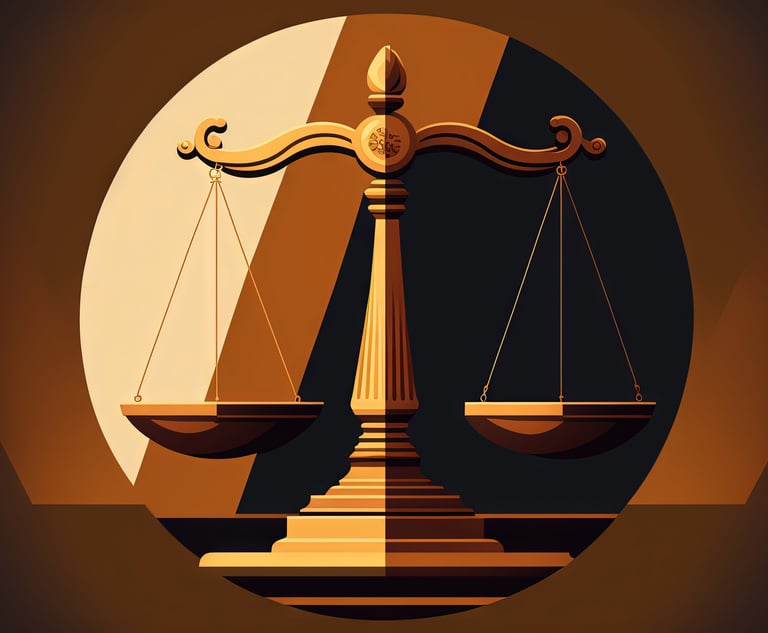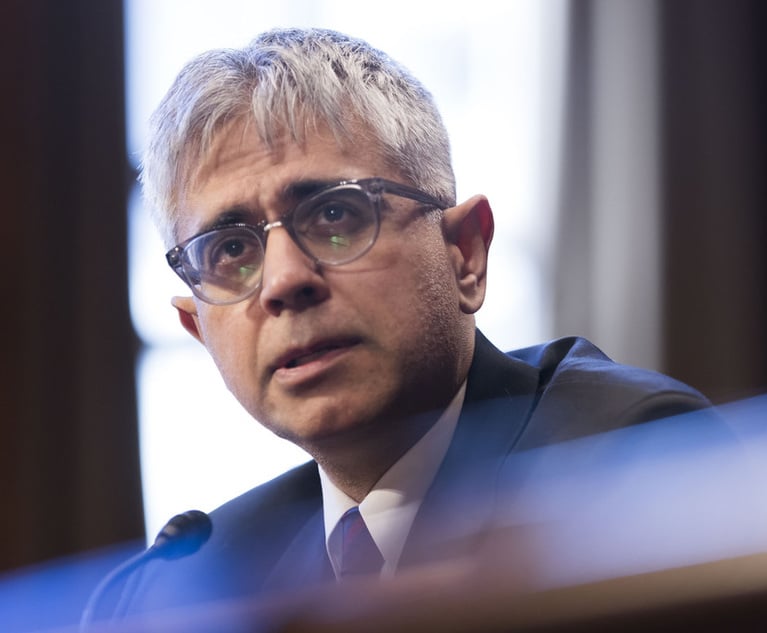In the summer and fall of 1947, delegates from every corner of New Jersey successfully came together at the New Brunswick campus of Rutgers University to draft a new state constitution. Among the many changes made by the 1947 New Jersey Constitution was a complete reorganization and unification of the state court system, with the new Supreme Court of New Jersey sitting at its apex.
In Article VI, Section II, Clause 3, the state Constitution grants the Supreme Court authority over “the admission to the practice of law and the discipline of persons admitted.” Pursuant to this exclusive authority, the Supreme Court, over time, has created the Disciplinary Review Board, the Office of Attorney Ethics, and the District Ethics Committees to assist it in regulating attorneys. Unlike most other jurisdictions nationwide where the attorney disciplinary system is staffed solely or predominantly by paid, often career, employees, New Jersey’s disciplinary system is unique.


 Credit: artem/Adobe Stock
Credit: artem/Adobe Stock




